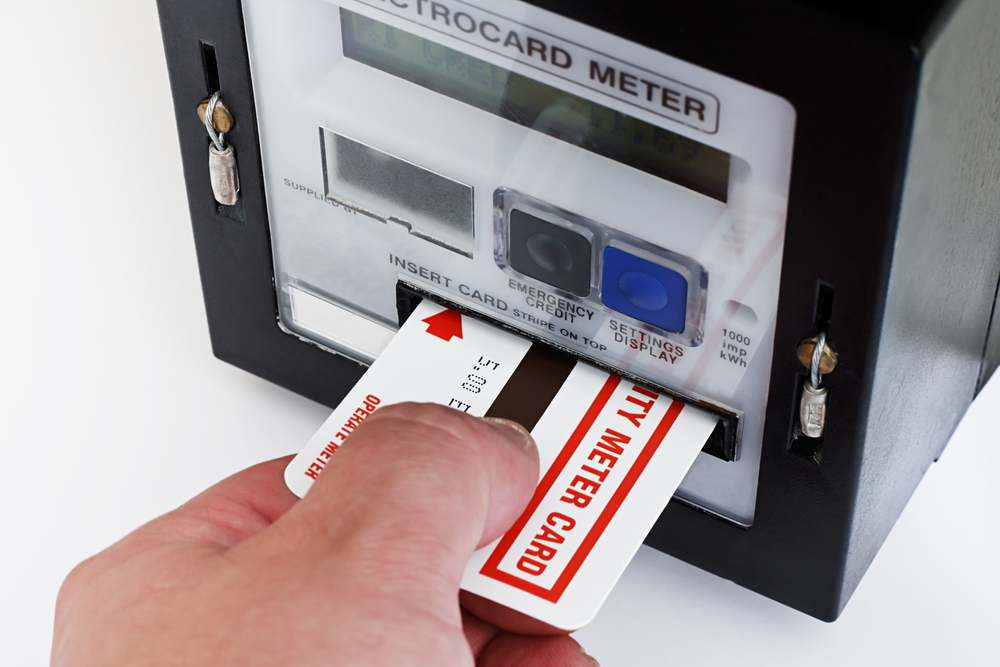Household Bills
Vulnerable prepayment meter users overpay £100 a year on energy

Millions of people on prepayment meters are paying over the odds for their energy, equating to £389m a year.
More than four million prepayment meter customers are paying an average £94 more for their energy (£1,128) compared to those on a standard credit meter (£1,034).
These customers, including some of the most financially disadvantaged, also only have a choice of four fixed tariff deals, while standard credit meter households have a choice of 283 tariffs. Prepayment meter customers also only have the option of 45 variable tariffs compared to 91 for standard customers.
The research by comparethemarket.com revealed that two thirds (64%) of prepayment customers are on a standard variable tariff, with an average annual cost of £1,195. This is £39 more than a non-prepayment meter standard variable tariff
And when comparing a prepayment fixed tariff against a non-prepayment meter fixed tariff, these customers pay an average £33 more per year.
As well as greater annual savings for customers on a standard credit meter, these customers tend to switch to a better deal which means 32% of standard credit meter customers are on a typically more expensive SVT.
The annual difference in price between the average prepayment customer on an SVT versus a customer with a standard credit meter on a fixed term tariff is £219 per year. When compared to the cheapest fixed credit meter tariff on the market, the cost difference currently stands at £431 per year.
‘Prepayment meter customers offered poorer value deals’
Peter Earl, head of energy at comparethemarket.com, said: “It is hugely concerning that prepayment meter customers – some of whom are undoubtedly classed as vulnerable – are paying considerably more for their energy on average than those on a standard credit meter.
“According to the latest government fuel poverty statistics over two million households are living in fuel poverty. British Gas’ swift reversal of its decision to only allow top-up of its prepayment meters by a minimum of £5 earlier in the year underlines how far consumers struggling to make ends meet must make each pound go.
“A lack of competition in the prepayment meter market is likely a factor in these customers being offered poorer value deals in comparison to the majority of UK energy customers on standard credit meters. With limited options available, it would not be surprising if prepayment meter customers are deterred from switching supplier to secure a better deal. Encouragingly, many energy suppliers will remove a prepayment meter free of charge for a customer who wants to switch to a standard credit meter.”